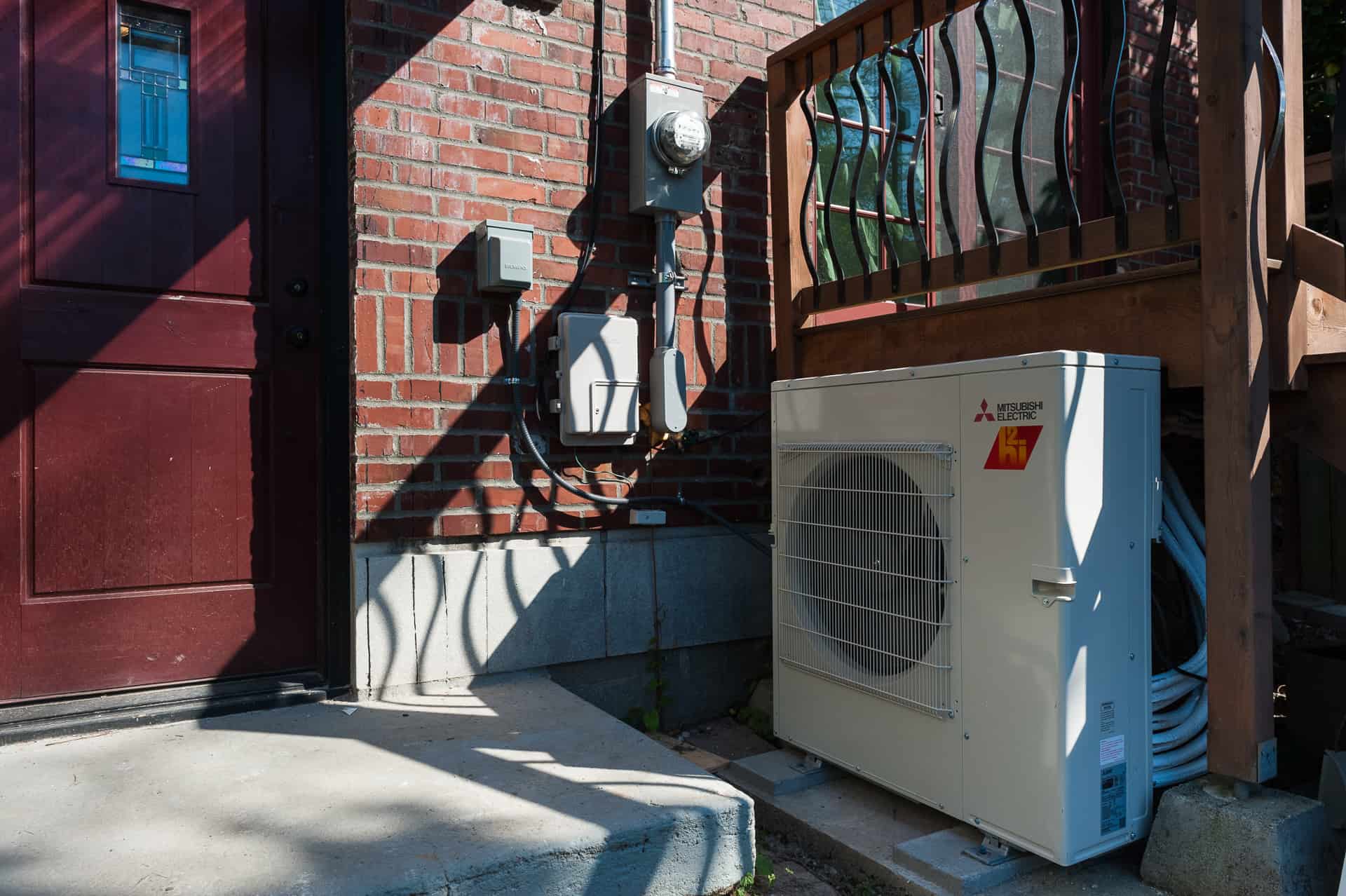
Home Fixes
|Sustainability
Keep Your HVAC Happy
It’s not glamorous, it’s mostly unseen, but when it breaks down, most homeowners notice it immediately. HVAC (that stands for heating, ventilation and air conditioning) is an important component of any home. In the sweltering, hot summers — coming soon to the Northwest — it keeps us cool. It also helps circulate air around the home, keeping things fresh in your living spaces.
Here are some things to keep an eye on to ensure your HVAC is performing at its best and cooling off your home this summer.
Inspecting and changing filters
Inspecting and changing your HVAC filters is easy, and it’s one of the few jobs you can perform yourself when it comes to HVAC in your home. Any kind of HVAC system will have a filter of some sort. While these do help with the air quality in your home, they primarily protect your furnace from larger particulate matter.
“You should put in a new filter and check it on a regular schedule — more or less frequently depending on the environment of your home,” says Troy Zdzieblowski, Neil Kelly Home Improvement Consultant. “If you’ve got three Newfoundland dogs and two cats, you’ll need to replace it a lot more often . If you’re absolutely clean, with no carpeting, and take off your shoes, you could get away with a little bit longer — say, four or five months.”
Time for a tune-up
If your HVAC system isn’t performing properly, it’s time to call a technician. A technician can pinpoint problems with a checklist, including items like pressure, fittings and refrigerant levels. “Your furnace is like a car that doesn’t go anywhere,” says Zdzieblowski. “It creates a lot of heat, and has a lot of the same workings that a car does that you need to check — minus inflating the tires.” The only way to check all of those systems is to have somebody with the right equipment come out and test it.

Above: Air conditioner coils need to be cleaned regularly. Over time, dust and debris can affect the performance of the unit.
Dirty coils spell trouble
Whether it’s an electric heating system, an air conditioner or a ductless mini-split, all HVAC systems have coils. Hot or cold refrigerant flows through these coils, and the HVAC system blows air over them, delivering warm or cool air to your home. As air blows over these coils, tiny bits of particulate matter may stick to their exterior, and this can be a real problem. (If you’ve ever turned your furnace on for the first time in the winter, you’re familiar with that faint burning smell. Dirty coils are the reason.)
You should have your HVAC coils cleaned routinely. When you don’t, dust can gather — or worse, if the dust meets condensation on the coils. “If water sits there and some bio-debris blows through the furnace, well, now you can have little bits of mold growing on your coils,” says Zdzieblowski. “You don’t want that to collect because that’s your source of heating or cooling.”
Keeping the lines open
When refrigerant lines leak, your HVAC can suffer. There’s a lot of movement happening in your lines and fittings — it’s basically the “blood” of your heating and cooling system — so you want to ensure those lines are in tip-top shape. It should be on any technician’s checklist.
“Your lines are expanding and contracting more than almost anything else in the unit, and they are constantly carrying liquid,” says Zdzieblowski. “If they start to leak, you probably won’t see it right away. But the pressure can go down pretty quickly and the unit won’t provide as much heating or cooling power for the home.”
Dust happens
Though filters do a great job of catching the biggest particles of dust, it can still be a problem if it builds up. A primary problem spot for this is the blower. “Dust is going to get into these spaces no matter what, and when you have a dirty blower, it can create problems,” says Zdzieblowski. It’s an easy fix for most technicians, typically using a vacuum with bristly ends. Should you do it yourself? “I would say nine out of ten times, if you ask somebody to open up the spot where their blower is, they would have no idea.” That’s probably a no.
Don’t forget fans and vents
Chances are you have vents and fans in your bathrooms and kitchen. Though not necessarily hooked up to your main HVAC system, they still need maintenance. Dust can collect inside the bearing units of bathroom vents, or between the fan and the casing, causing the fan to heat up and slow down. To solve this, periodically pull off the front cover of your fans and vacuum out any accumulated dust.
For kitchens, the key is keeping ventilation clean, and running your fan consistently when you cook. “Good kitchen ventilation will help push air out of the house and keep you healthier,” says Zdzieblowski. “A lot of particles come off of food when you are cooking, and that can change the indoor air quality very quickly. If you’re not currently using those units, you should be.”
Are you steaming in the summer? Have a stuffy home? Need cleaner air? We can help your HVAC hum along and perform like it’s supposed to. Get in touch!